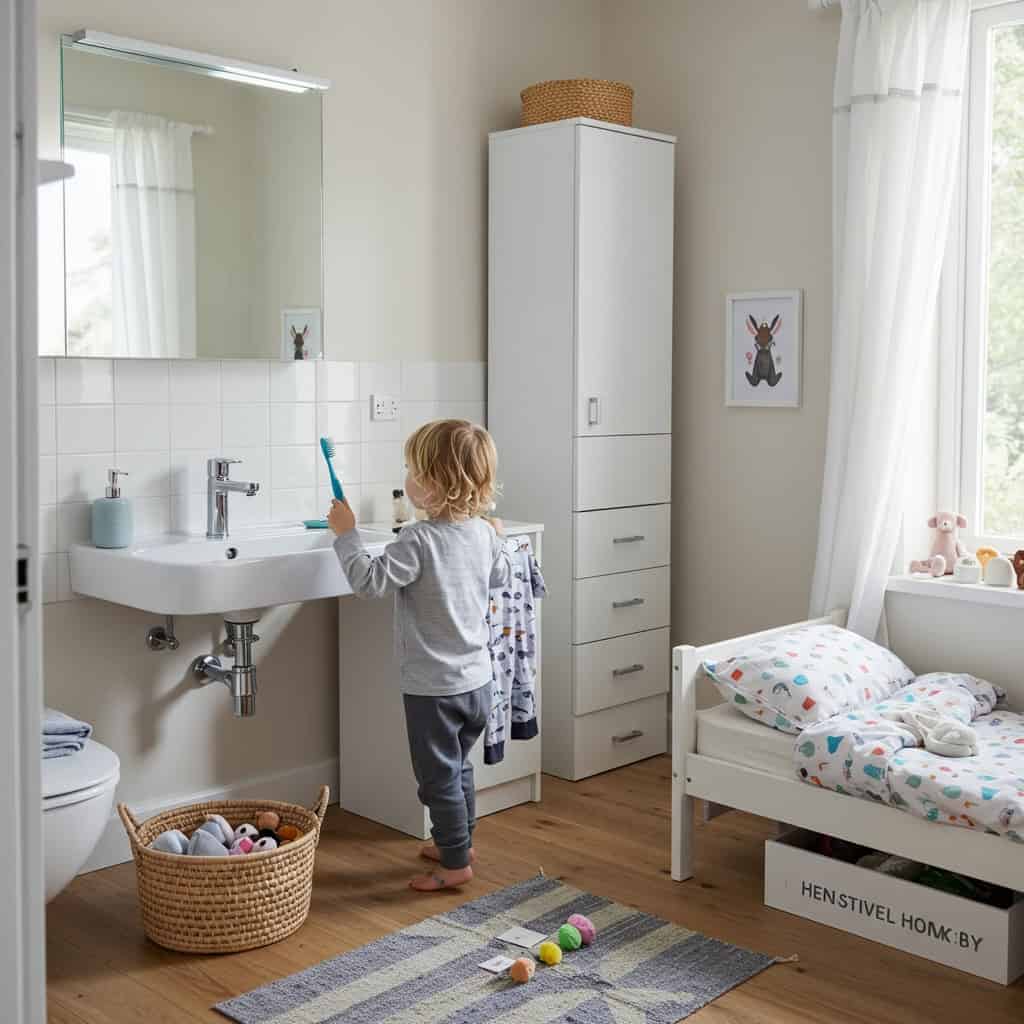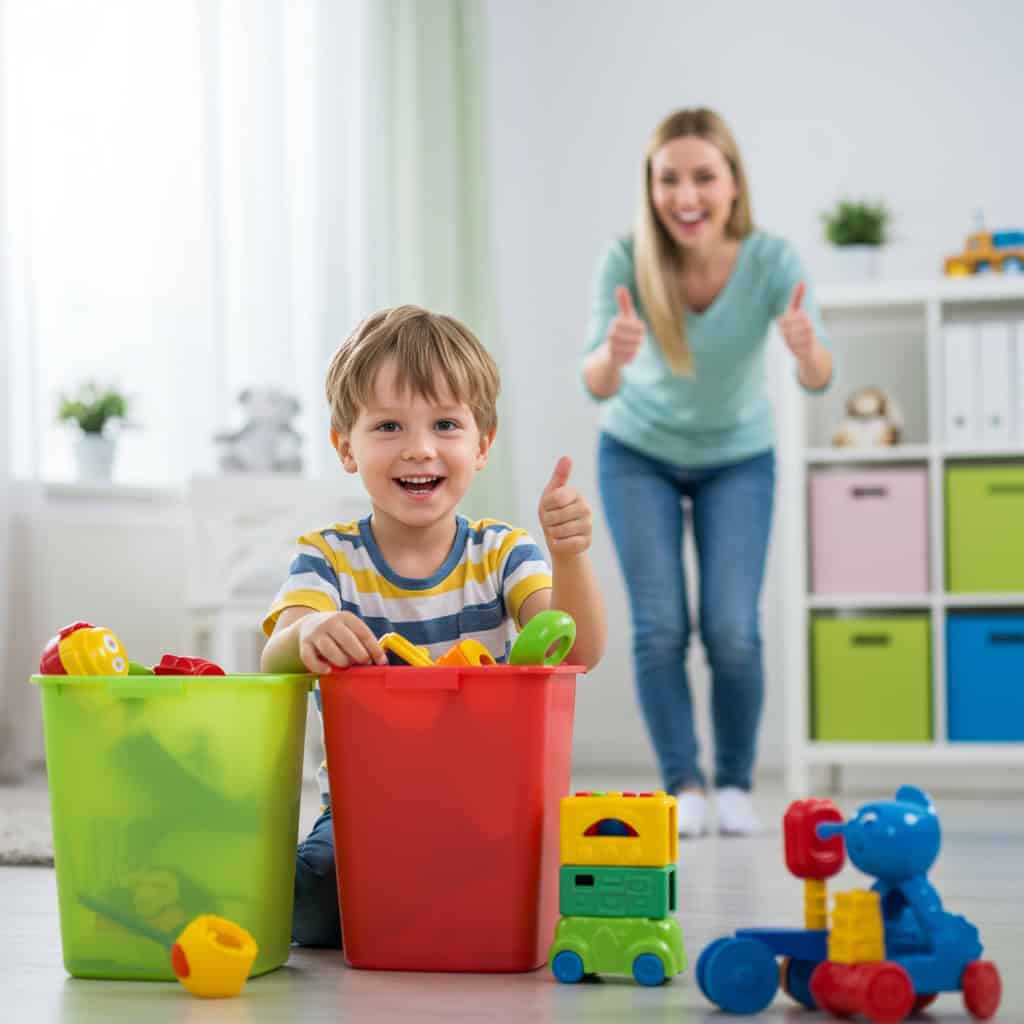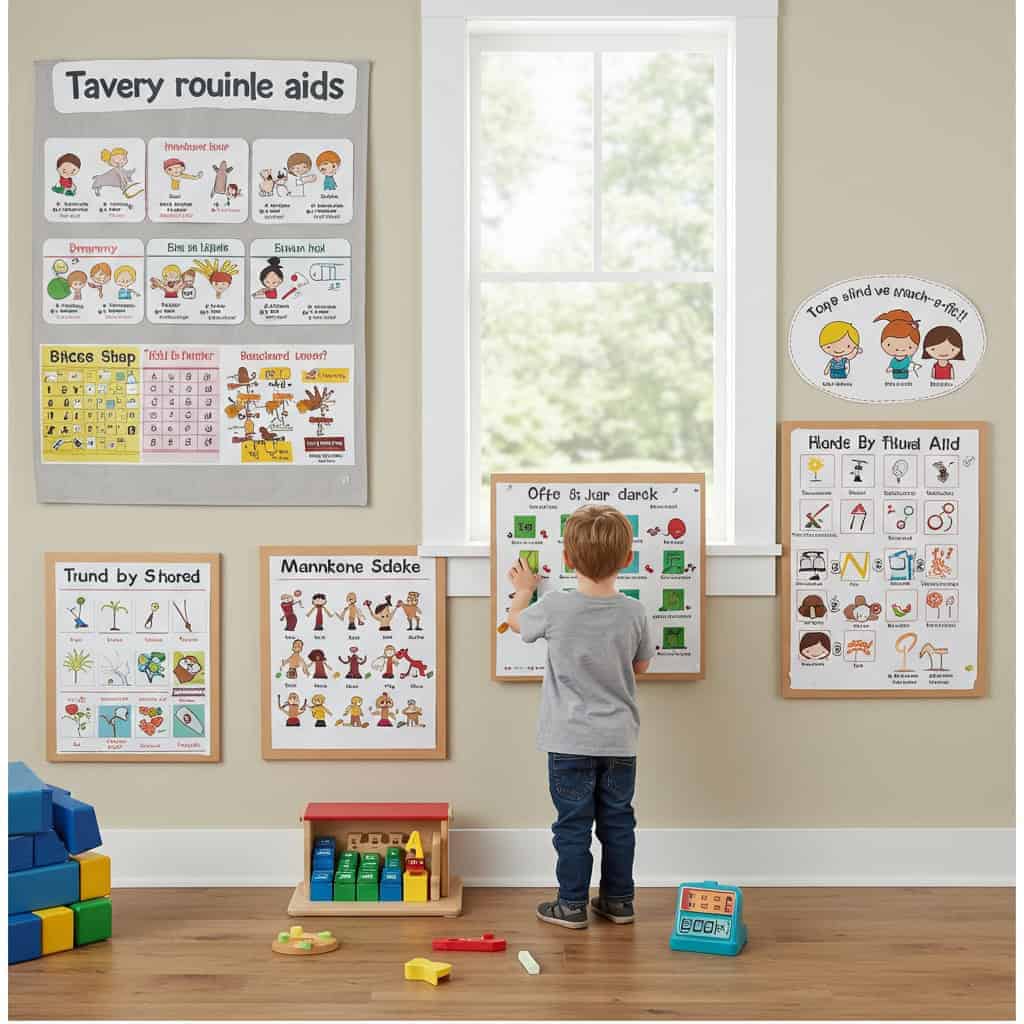15 Discipline Tricks That Actually Work for Sensitive Kids
Disciplining highly sensitive children requires a thoughtful and compassionate approach. Traditional methods, such as time-outs or raised voices, can be overwhelming, often leading to anxiety or withdrawal. Instead, gentle, effective strategies are essential for nurturing both positive behavior and emotional health. This article introduces practical, research-backed techniques tailored to sensitive kids, ensuring discipline becomes a tool for growth rather than distress.
1. Prioritize Connection Before Correction

Building a strong emotional connection is key for sensitive children, helping them feel secure and understood. Before addressing misbehavior, pause to connect using eye contact or a gentle touch. This compassionate approach fosters trust and makes children more open to guidance. Connecting first, ensuring discipline is both gentle and effective for highly sensitive kids.
2. Use Gentle, Clear Language

Sensitive children can be deeply affected by harsh or critical words. Choose calm, clear, and straightforward language to communicate your expectations and corrections. For instance, replace ‘Stop that now!’ with ‘Let’s use our inside voice.’ This approach reduces anxiety and encourages cooperation. Gentle language helps sensitive children feel safe and understood, ultimately promoting better behavior.
3. Offer Choices

Providing choices helps sensitive kids feel empowered and reduces resistance. Simple options, like ‘Would you like to brush your teeth before or after pajamas?’ foster autonomy and encourage cooperation. Offering choices increases a child’s willingness to participate and supports their growing independence.
4. Set Predictable Routines

Predictable routines provide a sense of security for sensitive children, making daily life feel safer and more manageable. Consistent mealtimes, bedtimes, and activity schedules help minimize anxiety and prevent meltdowns. Routine is an essential support for children’s emotional regulation, helping sensitive kids navigate transitions with greater ease and confidence.
5. Validate Their Feelings

Recognizing and acknowledging a sensitive child’s emotions demonstrates respect and support. Using phrases like “I see you’re upset” or “It’s okay to feel angry” helps children process emotions without guilt or shame. Emotional validation builds resilience and encourages healthy emotional development in sensitive kids.
6. Use Positive Reinforcement

Highlighting and praising desired behaviors, such as saying “Thank you for putting away your toys,” encourages sensitive children to repeat those actions. Focusing on what they do well, rather than their mistakes, boosts self-esteem and motivation. Positive reinforcement is especially effective for behavior change in sensitive kids, making discipline more nurturing and constructive.
7. Avoid Public Discipline

Sensitive children are often easily embarrassed when corrected in front of others. To protect their dignity and emotional well-being, handle discipline privately whenever possible. Private, respectful conversations maintain trust and support a child’s self-esteem, making discipline more effective and less distressing for sensitive kids.
8. Teach Self-Regulation Skills

Guiding sensitive children to manage their emotions can make discipline less overwhelming. Introduce simple self-regulation techniques such as deep breathing, counting to ten, or practicing mindfulness exercises. These strategies help kids pause and gain control over their reactions. Teaching self-regulation is especially important for sensitive children, fostering resilience and promoting long-term emotional well-being.
9. Use Natural Consequences

Allowing sensitive children to experience the natural results of their actions, as long as it’s safe, builds responsibility and understanding. For instance, if homework is forgotten, facing the teacher’s response can be a valuable lesson. Natural consequence is a gentle and effective discipline strategy, especially for sensitive kids.
10. Prepare for Transitions

Sensitive children often find sudden changes difficult. Providing advance notice—such as saying, “Five more minutes of play, then dinner”—can ease these transitions. Preparing kids ahead of time help reduce stress and make transitions smoother, promoting a sense of security for sensitive children.
11. Set Clear, Consistent Boundaries

Children, especially those who are sensitive, thrive on consistency and clear expectations. Establish simple, understandable rules and enforce them gently yet firmly each time. This stability helps kids feel safe and know what is expected of them. Clear and consistent boundaries are crucial for healthy child development and effective discipline.
12. Model Calm Behavior

Children, especially sensitive ones, often imitate how adults manage stress and conflict. By staying calm during challenging moments, you demonstrate healthy ways to handle strong emotions. This modeling teaches children effective emotional regulation and problem-solving skills. Parents’ calm, controlled responses provide powerful lessons in self-control and emotional learning for sensitive kids.
13. Use Visual Aids

Visual aids such as charts, timers, or illustrated routines provide extra structure and clarity for sensitive children. These supports make expectations and transitions easier to understand. Visual schedules are especially helpful for children who need additional support navigating daily routines and changes.
14. Encourage Problem-Solving

Helping sensitive children develop problem-solving skills promotes independence and boosts self-confidence. Instead of offering immediate solutions, guide them by asking questions like, “What could you do differently next time?” This approach empowers kids to navigate conflicts and challenges on their own. Encouraging problem-solving strengthens resilience and emotional intelligence in children.
15. Practice Patience and Self-Care

Parenting sensitive children can be emotionally demanding, making patience and self-care essential. Taking time to recharge allows you to respond with greater empathy and consistency, creating a nurturing environment for your child. Prioritizing your own well-being supports compassionate, effective discipline and sets a powerful example of healthy coping skills for sensitive kids.
Conclusion

Empathetic, respectful discipline is especially effective for sensitive children, nurturing their emotional well-being and fostering positive behavior. These compassionate strategies not only address misbehavior but also build resilience and self-confidence over time. By embracing patience, understanding, and evidence-based techniques, parents can create a supportive environment tailored to sensitive kids’ needs. For further guidance, explore resources from the Child Mind Institute and HealthyChildren.org.
.article-content-img img { width: 100% }




